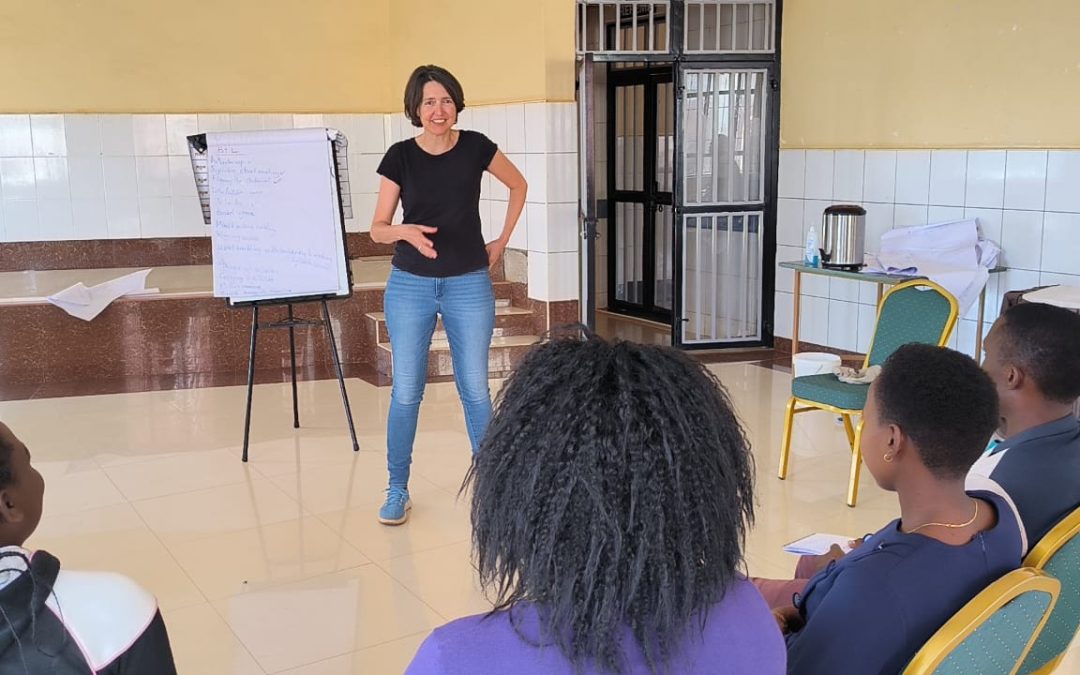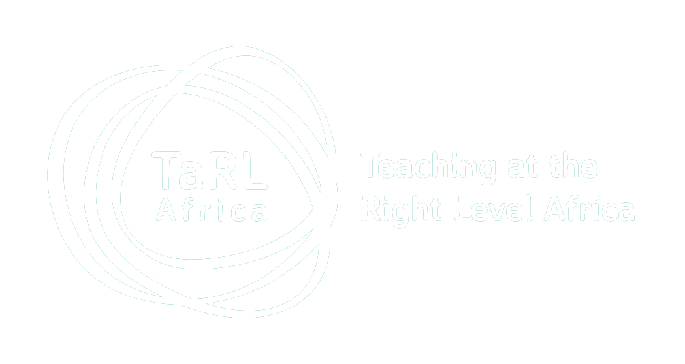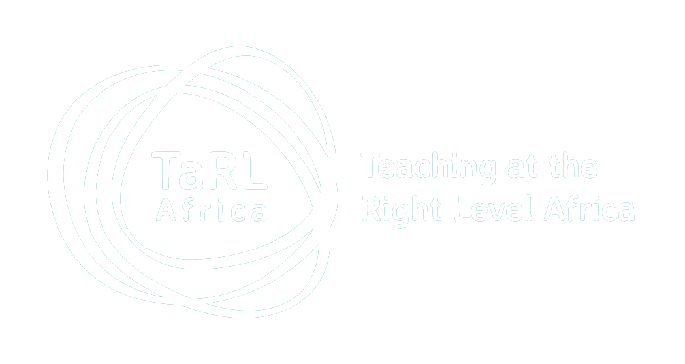
In your own way, how would you define learning?
I see learning as finding out about the world and having skills that help you achieve more in life. It is simply being able to communicate and discover other things in life.
Why do you think children are not learning?
This is a common problem around the world. Children are going to school but are not able to do simple arithmetic and well as read. There is a more fundamental problem in the way schools are designed. Children who pass exams are deemed as successful and schools are not structured to support those who are falling behind.
Are there implications to not learning foundational skills for children?
Foundational skills are important as they are building blocks to other careers in life. Even if one does not end up in the formal sector careers, one reason to be able to read and write is so that one manages their daily life, they are able to read and write and not cheated into something they don’t understand.
What has been your experience working with governments on the TaRL approach?
We have gone to countries where the governments that are most excited about the approach. In CIV and Zambia, the government is recognizing that children are falling behind and the approach supports learners who are falling behind to catch up. We took a view early on in TaRL Africa about the need to work with governments and that was the way to reach scale.
I focus on the idea that we need to change millions of children’s lives. That is what is exciting about TaRL Africa, it is changing millions of children’s lives and that has been achieved through working closely with governments.
Where do you see TaRL Africa in the next 5 years?
I want to see TaRL in a number of countries, embedded in the system and governments running it on their own and scaling up.
What has been your biggest takeaway from your visit to schools in Côte d’Ivoire?
TaRL is embedded in the government system. This is a key part of the everyday life of mentors, teachers and trainers. It is exciting to see new techniques and approaches and a range of ideas that teachers are familiar with and can hold on to have fun with the children.
If someone tries to understand Rachel, how would you describe yourself?
I see myself as a translator between the academic evidence and the practical implementation on the ground. I try to pull together these two worlds and bring all the studies around the world together and make them practical on the ground, changing lives at scale.


Interested in initiative. Wish to be part of it.